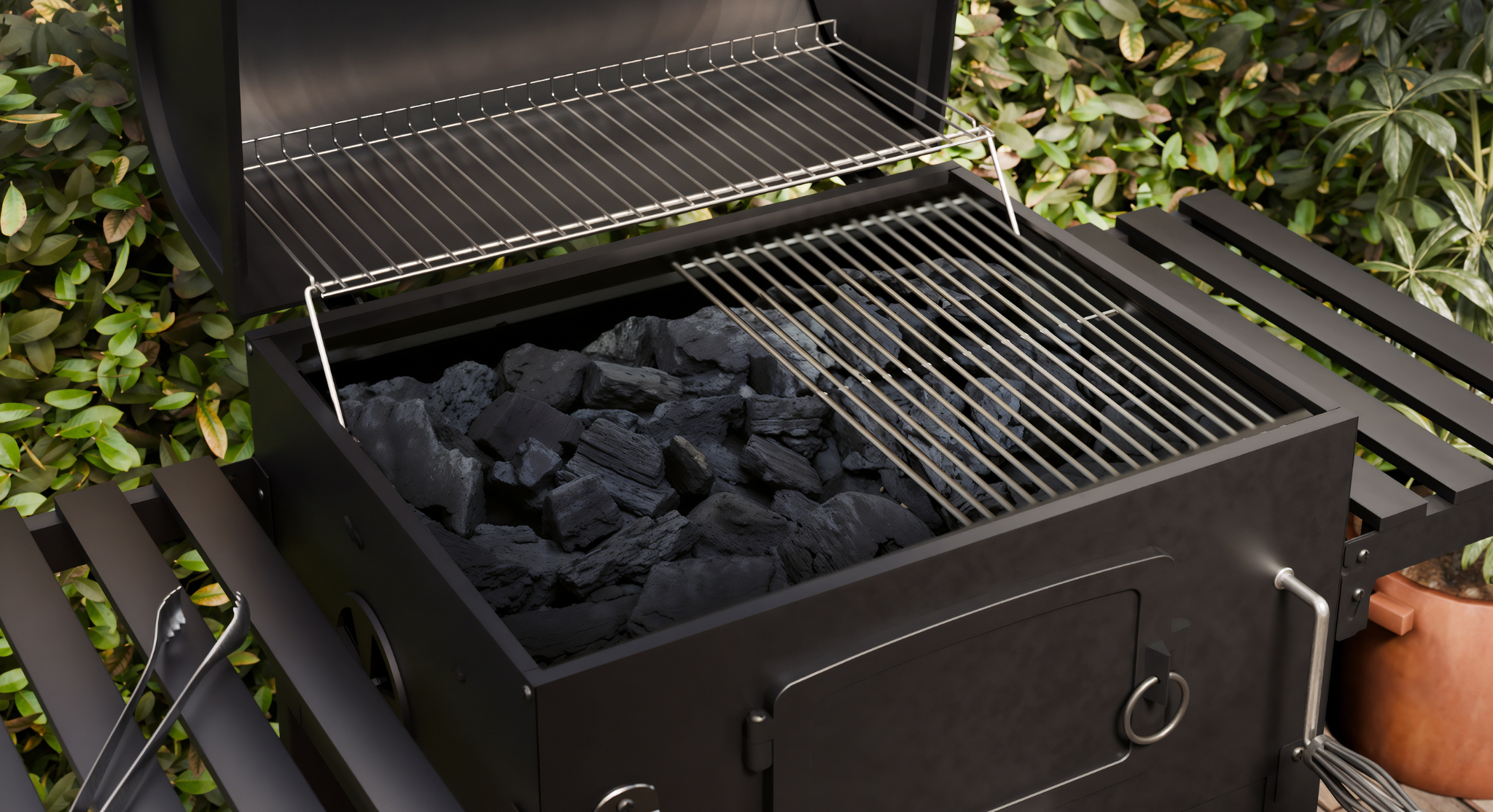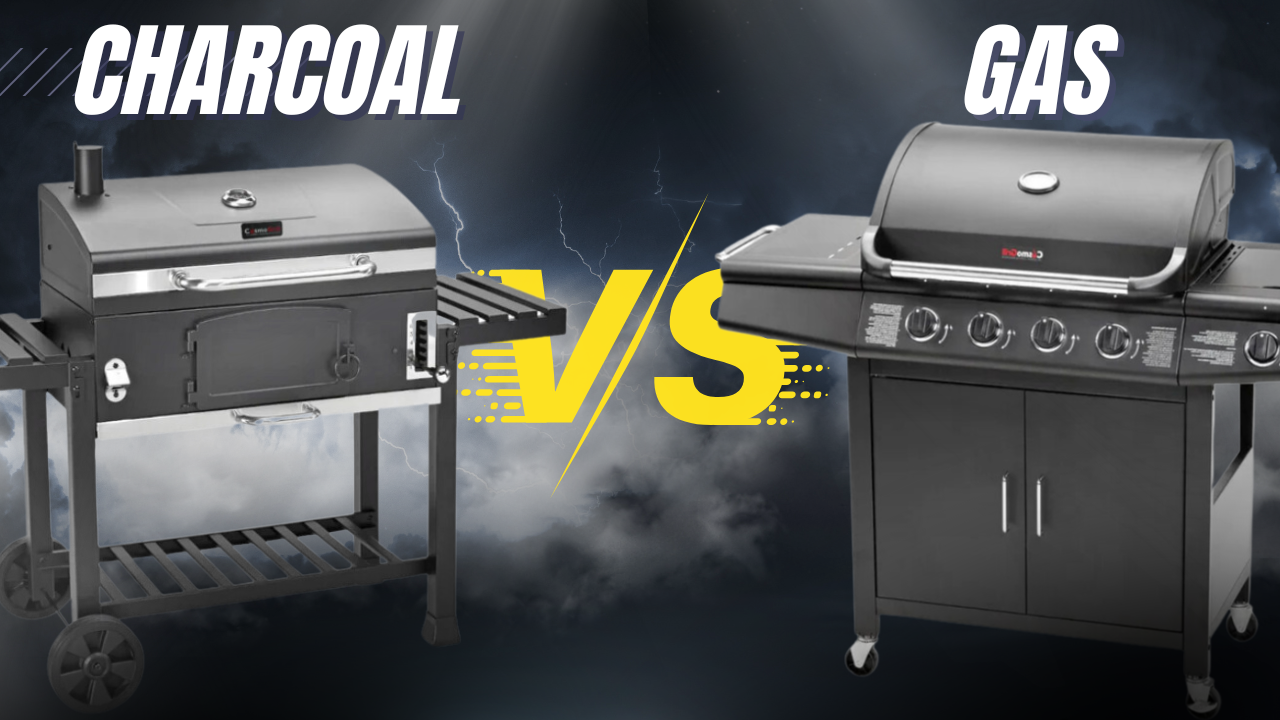Article: 16 Common BBQ Mistakes Beginners Should Avoid

16 Common BBQ Mistakes Beginners Should Avoid
By Franzi Lolan
Last updated: Tuesday, 8 April
Firing up the grill is a fantastic way to gather friends and family—but if you’re new to barbecuing, it can come with a few bumps along the way. Don’t stress—we’ve all made these missteps! In this article, we’ll explore some of the most comm
on barbecue mistakes beginners make and offer tips to help you sidestep them. Let’s get you grilling with confidence so your next BBQ goes off without a hitch!

1. Neglecting Grill Cleaning
A build-up of grease and leftover food not only affects flavor but can also lead to flare-ups, uneven heat, and long-term damage to your grill.
Tip: After every use, give the grill a quick scrub while it’s still warm using a grill brush. For deeper cleans, remove the grates and wash them with warm, soapy water. A clean grill means better-tasting food and a longer-lasting BBQ.
2. Constantly Opening the Lid
We get it—you’re excited to check on your food. But lifting the lid too often causes temperature fluctuations and uneven cooking.
Tip: Keep the lid closed as much as possible. On gas grills, it helps retain consistent heat. On charcoal grills, opening the lid feeds the fire more oxygen, making it burn hotter. Use a meat thermometer to track cooking progress without peeking.
3. Skipping the Preheat
Putting food on a cold grill can lead to sticking and unpredictable cooking results.
Tip: Always preheat your grill for 10–15 minutes. On charcoal grills, wait until the coals are glowing and covered in ash. On gas grills, let the temperature rise fully before you start cooking. Preheating helps with even cooking and gives you those picture-perfect grill marks.
4. Using Lighter Fluid
While it may seem convenient, lighter fluid can leave an unpleasant chemical taste on your food—and it’s not the safest method either.
Tip: Use a chimney starter instead. It’s a cleaner and safer way to get your coals ready in 15–20 minutes, no chemicals required.
5. Overcrowding the Grill
Trying to cook everything at once can block airflow, causing uneven heat and more frequent flare-ups.
Tip: Leave space—at least an inch—between each item. If you're grilling for a crowd, cook in batches to ensure everything cooks evenly and stays safe from flare-ups.
6. Grilling Directly Over Flames
Too much fat can drip onto flames and cause flare-ups that burn your food or leave a bitter aftertaste.
Tip: Trim excess fat before cooking. If flames flare up, move food to a cooler section of the grill. Keep a spray bottle of water handy to control small flare-ups without disrupting the fire.

7. Skipping the Rest Time
Cutting into your meat too soon after grilling can cause all the flavorful juices to escape.
Tip: Let your meat rest for about 5–10 minutes after removing it from the grill. Cover it loosely with foil. This gives the juices time to settle, keeping every bite tender and juicy.
8. Underseasoning or Overdoing It
Finding the right balance with seasoning can be tricky—some people go overboard, while others don’t use enough. And skipping the marinade altogether? That’s a missed opportunity for flavor.
Tip: A simple mix of salt and pepper is a great starting point. Add herbs or spices you enjoy, and let your meat marinate for at least 30 minutes (but not too long, to preserve texture). Before grilling, pat it dry for a nice, even sear.
9. Running Out of Fuel
Nothing interrupts a great BBQ like running out of propane or charcoal halfway through cooking.
Tip: Always check your fuel level before you start. If you're using propane, keep a spare tank nearby. For charcoal, have a backup bag ready. A little prep ensures a smooth grilling session from start to finish.

10. Not Oiling the Grates
Skipping this step can cause food to stick, tear, or cook unevenly.
Tip: Lightly coat your grill grates with a high-heat oil (like vegetable or canola) before cooking. Use a paper towel or brush to apply the oil once the grill is hot. This simple step helps prevent sticking and makes flipping food much smoother.
11. Grilling Cold Meat
Putting meat on the grill straight from the fridge can lead to longer cook times and uneven results.
Tip: Allow meat to come to room temperature for about 20–30 minutes before grilling. This promotes more even cooking and helps achieve a better sear on the outside.

12. Underestimating Smoking Time
Smoking meat is a slow process that requires planning. Trying to rush it often results in tough or dry food that lacks proper flavor.
Tip: Set aside several hours, depending on the type and size of meat you're smoking. Preparing ahead ensures the cooking process is low and slow, allowing the smoky flavor to develop fully.
13. Not Managing Grill Vents
Heat control is essential, and airflow plays a big role—especially with charcoal grills.
Tip: On a charcoal grill, opening the vents increases airflow and raises the temperature; closing them reduces oxygen and cools things down. For gas grills, controlling the lid and vents helps retain heat and improve consistency.
14. Overloading with Charcoal
Using too much charcoal can create excess heat that’s hard to manage, often leading to uneven results.
Tip: Follow your grill’s recommended fuel amount. Use fewer coals for low, slow cooking and a bit more for high-heat searing—but avoid overfilling the grill, especially if it’s a smaller model.

15. Slicing Meat to Check if It’s Done
Cutting into meat while it’s cooking might seem like a quick way to check doneness, but it allows moisture to escape, which can dry out the final result.
Tip: Use a meat thermometer to check internal temperatures without slicing. It’s a simple way to ensure your food is cooked to the right level while keeping the juices sealed inside.

Final Thoughts
Barbecuing takes practice, and while mistakes are part of the process, being aware of common missteps—like poor grill maintenance, inconsistent heat control, or frequent lid lifting—can make a big difference. With a bit of preparation and patience, your grilling results will steadily improve.
Looking to upgrade your setup? Explore our collection of grills and accessories designed to support your outdoor cooking journey.
Enjoy the experience and happy grilling! 🔥

